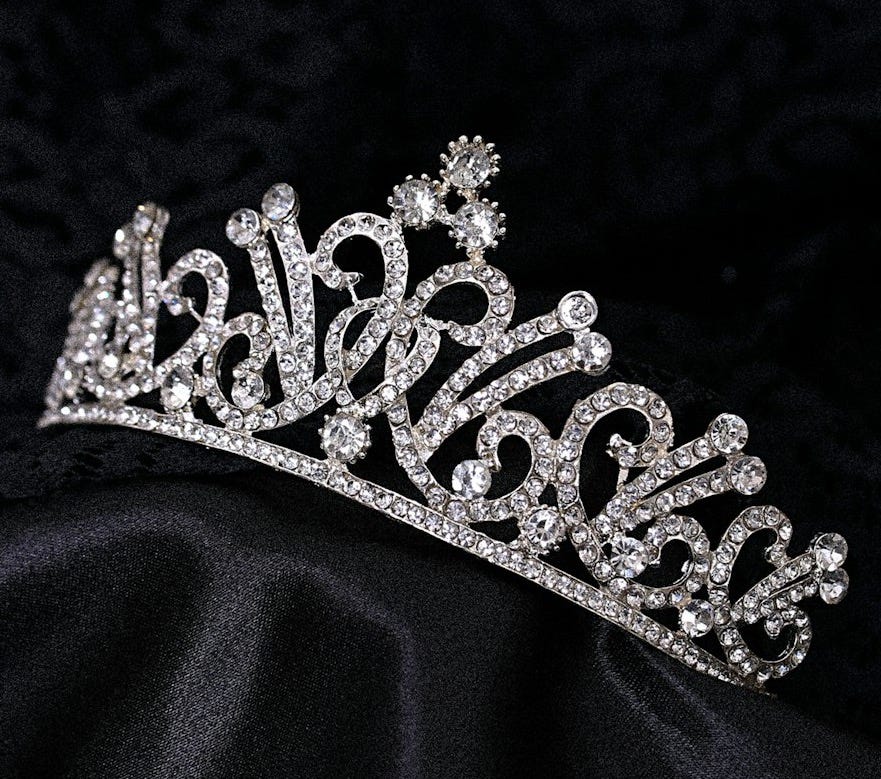Good Guesses
In which I consider the crucial role good guesses make in tuning relationships

I have said emotions are pure gold (and sparkling diamonds). I have said they’re veins of glitter in the mine shaft of our inner experience. Getting into that mine shaft and looking for those veins, digging them out, is essential to tuning relationships.
And good guesses? They’re crafted from the gold and diamonds of emo…


